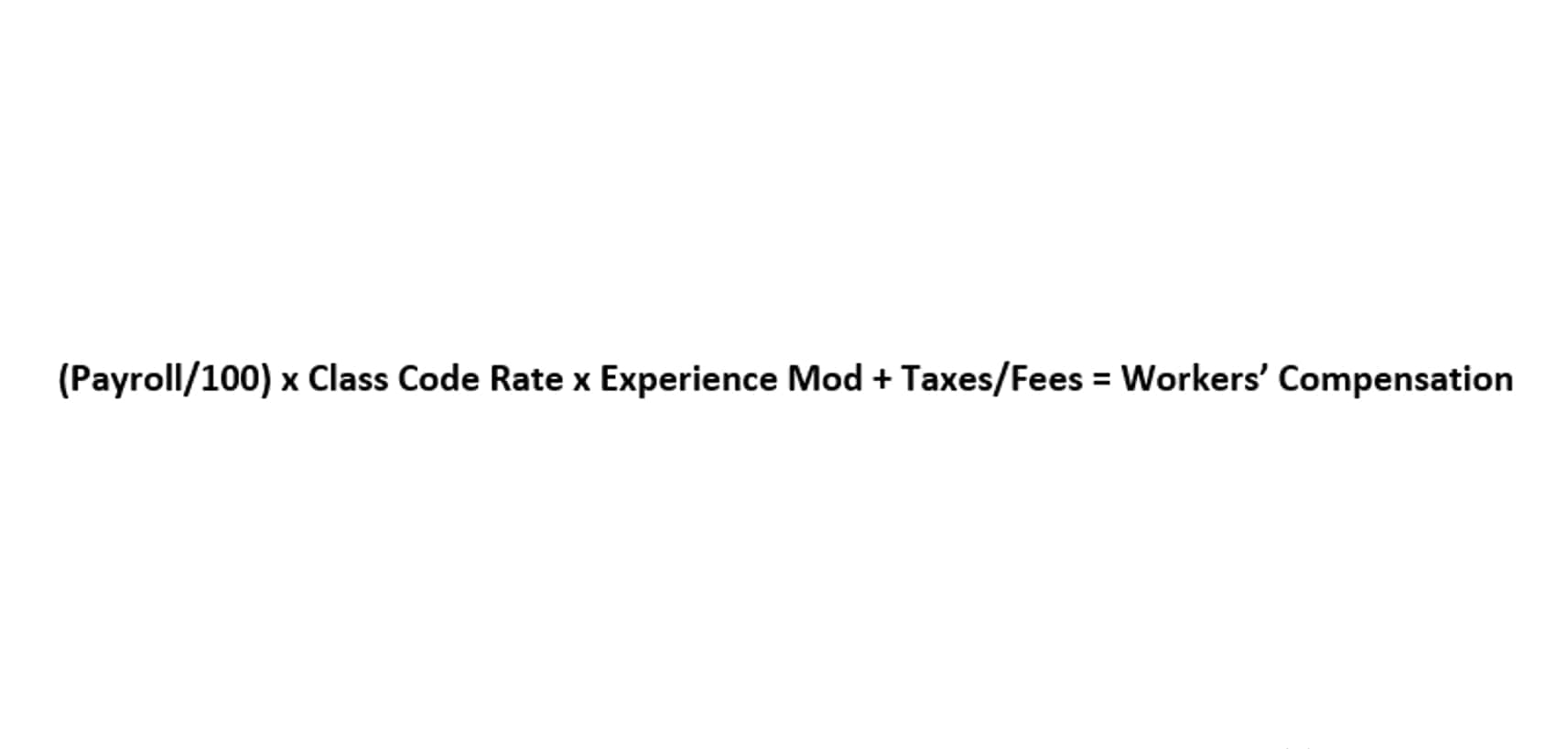Content
Now that you understand how bookkeeping and accounting differ, it’s time to decide which one is right for your business. While this decision is personal and depends on your needs and business goals, here are some signs it’s time to outsource your bookkeeping and accounting needs. Accounting is for trained professionals who can give a fuller summary of your company’s financial realities. Accountants rely on financial statements from bookkeepers to do their work, but they also look for larger trends and the way money works across the business. Accountants have the duty of creating information sheets from data typically acquired from bookkeepers.
CPAs may specialize in different practice areas, such as tax, auditing, personal finance planning, or business valuation services. If your bookkeeper bills your customers or pays your vendors and employees, make sure you have proper checks and balances in place to mitigate the possibility of fraud. Our partners cannot pay us to guarantee favorable reviews https://www.bookstime.com/ of their products or services. We believe everyone should be able to make financial decisions with confidence. Accountants are largely responsible for the financial health of a business. If they notice expenses are going over budget or under budget, they can look into what’s causing this discrepancy and make recommendations to resolve these problems.
Competitive Pay
The pay range for accounting professionals is often competitive. The BLS reports that the median annual salary for accountants is $77,250 per year. Several factors can impact accountants’ earning potential, including location, level of education, work experience and certifications.
- Enter your training requirements below and a member of our team will be in contact with you to discuss them further.
- The average wage for someone new to the business is $21.70 per hour.
- Reporting and paying them accurately depends on employee data (through form W-4) and how much they make (what tax bracket they fall into).
- Recall our previous example of employees getting paid on January 17, from work they did January 2-15.
In large companies, they may specialize in a particular financial function and be known as accounts payable clerks, for example. Double-entry accounting, on the other hand, provides a complete and accurate picture of a business’s financial position. It helps track financial transactions, manage inventory and prepare statements. A better understanding of accounting principles is a must-have with this one, so this strategy may feel cumbersome if you’re a solopreneur or just starting out.
What is the difference between a bookkeeper and an accountant?
In both jobs, individuals learn the required skills from more experienced clerks or supervisors, although some companies prefer some post-secondary training. After meeting the education and training requirements, accounting and payroll clerks perform jobs that have distinct differences. Learn more about the functions for these positions as well as examine accounting clerk and payroll clerk salary and employment data.

Even if you are using an online system for bookkeeping, delegating an employee with keeping track of it on a daily basis is very important. Regardless of how much money you make, accountants are often the last line of defense against financial blunders. Kiyosaki recognizes this, reminding you of the importance of accurate financial reporting. Because of this additional skill set, accountants are more likely to take on leadership roles. If you have a financial department in your company, it is most likely run by someone with an accounting background.
Accountant Duties
In our earlier section on the difference between a bookkeeper and an accountant, you recall that bookkeepers handle a lot of manual data entry. bookkeeping and payroll Much of that manual data entry can now be left to automated systems. Push Operations, our automated system, is one example of this in action.

Keep reading to discover what else a bookkeeping certification can offer. Bookkeeping is the discipline of collecting, organizing, and maintaining financial records and transactions. A bookkeeper is responsible for setting up an entire infrastructure for the financial records of a business’ operations. Depending on your state, employer and position, you may also need specific licenses and certifications to work as an accountant.
Accurate bookkeeping is vital to filing tax returns and having the financial insights to make sound business decisions. Let’s jump back to that moment of bliss when the pieces started to come together. ✨Accounting tracks, interprets, and analyzes financial data to provide insights on the financial health of your business. This includes analyzing documents like financial statements, budgets, tax returns, and more. It gives you a better overview of how your business is doing, where it needs support, and where it can grow.
The bookkeeper should be able to answer all questions about daily finances and the status of payments. When it comes to the difference between a bookkeeper and an accountant, there’s a lot of crossover. A third aspect of accounting involves income tax reporting, and must be done in compliance with government regulations.
